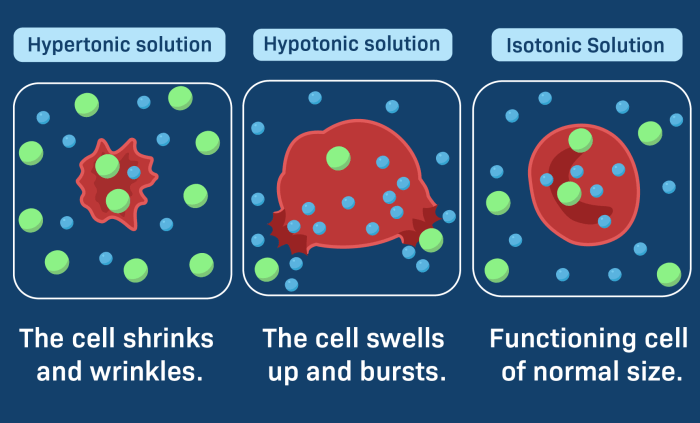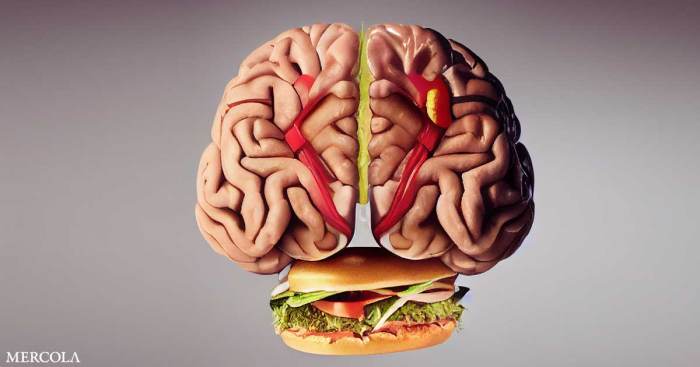When you are tired your what shrinks – When you’re tired, your prefrontal cortex shrinks. This is a brain region that’s responsible for executive function, which includes things like planning, decision-making, and impulse control. When you’re tired, your prefrontal cortex is less able to do its job, which can lead to a number of problems, including difficulty concentrating, making decisions, and controlling your impulses.
In addition to the prefrontal cortex, fatigue can also affect other brain regions, including the amygdala, which is responsible for processing emotions, and the hippocampus, which is responsible for memory. When these brain regions are fatigued, they can’t function as well, which can lead to problems with emotional regulation, memory, and learning.
Physiological Effects of Fatigue on the Body

Fatigue, a state of exhaustion characterized by decreased physical and mental performance, has significant physiological effects on the body. It affects various systems, including the central nervous system, endocrine system, and cardiovascular and respiratory systems.
Impact on the Central Nervous System
Fatigue impairs cognitive function by affecting the prefrontal cortex, a brain region involved in executive functions like decision-making, planning, and working memory. It also impacts the amygdala, a brain structure associated with emotional processing, leading to increased emotional reactivity and reduced emotional regulation.
Impact on the Endocrine System
Fatigue triggers the release of hormones like cortisol and adrenaline. While these hormones initially provide a temporary boost in energy, prolonged fatigue can lead to sustained high levels of these hormones, resulting in a weakened immune system, increased blood pressure, and impaired glucose metabolism.
Cardiovascular and Respiratory Changes, When you are tired your what shrinks
Fatigue affects the cardiovascular system, reducing heart rate variability and increasing blood pressure. It also impacts the respiratory system, leading to shallower breathing and reduced oxygen uptake. These changes can contribute to feelings of weakness, dizziness, and impaired endurance.
Cognitive Impairments Associated with Fatigue

Fatigue is a state of physical and mental exhaustion that can lead to various cognitive impairments. These impairments range from a decline in attention and focus to difficulties with memory consolidation and retrieval. Additionally, fatigue can hinder decision-making and problem-solving abilities.
Decline in Attention and Focus
Fatigue impairs the brain’s ability to sustain attention and focus on tasks. Individuals may find it difficult to concentrate, stay alert, and shift attention between different stimuli. This decline in attention can significantly impact performance in activities requiring sustained mental effort, such as studying, reading, or driving.
Impairment of Memory Consolidation and Retrieval
Fatigue also affects the brain’s ability to consolidate and retrieve memories. During periods of fatigue, the brain may have difficulty encoding new information into long-term memory. Additionally, retrieving stored memories may become more challenging, leading to forgetfulness and difficulty recalling information.
Effects on Decision-Making and Problem-Solving
Fatigue can impair decision-making and problem-solving abilities. Individuals may experience difficulty weighing different options, considering potential consequences, and making sound judgments. This impairment can result in poor decision-making, increased risk-taking behavior, and decreased efficiency in problem-solving tasks.
Emotional and Behavioral Consequences of Fatigue
Fatigue exerts a profound impact on emotional and behavioral well-being, manifesting in a myriad of adverse consequences. These include increased irritability and emotional reactivity, decreased motivation and impaired social functioning, and potential contributions to anxiety and depression.
Increased Irritability and Emotional Reactivity
Fatigue depletes cognitive resources, impairing emotional regulation and reducing the ability to manage stress effectively. As a result, individuals experiencing fatigue are more likely to exhibit increased irritability, emotional outbursts, and heightened sensitivity to negative stimuli.
Decreased Motivation and Impaired Social Functioning
Fatigue diminishes energy levels and enthusiasm, leading to decreased motivation and impaired social functioning. Individuals may find it challenging to engage in activities they once enjoyed, withdraw from social interactions, and experience difficulty concentrating and making decisions.
Anxiety and Depression
Chronic fatigue can contribute to the development or exacerbation of anxiety and depression. The persistent physical and cognitive symptoms associated with fatigue can trigger negative thoughts and feelings, perpetuating a cycle of distress and further fatigue. Moreover, fatigue can impair the effectiveness of psychological interventions aimed at treating anxiety and depression.
Practical Implications of Fatigue: When You Are Tired Your What Shrinks

Fatigue can have significant impacts on various aspects of daily life. Individuals experiencing fatigue may face challenges in performing daily activities, such as work, school, and maintaining relationships.
Examples of Daily Impact
-
-*Work
Fatigue can impair cognitive functions essential for work, including attention, memory, and decision-making. It can lead to decreased productivity, errors, and difficulty meeting deadlines.
-*School
Students with fatigue may struggle to focus during lectures, complete assignments, and participate in extracurricular activities. Their academic performance may suffer as a result.
-*Relationships
Fatigue can affect mood and behavior, making it difficult to interact with others in a positive and meaningful way. It can strain relationships with family, friends, and colleagues.
Strategies for Managing Fatigue
To mitigate the impact of fatigue, individuals can implement lifestyle modifications and stress reduction techniques:
-*Lifestyle Modifications
Ensure adequate sleep (7-9 hours per night)
Engage in regular exercise
Maintain a healthy diet
- Limit caffeine and alcohol intake
-*Stress Reduction Techniques
Practice relaxation exercises (e.g., deep breathing, yoga, meditation)
Engage in activities that bring joy and relaxation
Seek support from friends, family, or a therapist
Importance of Professional Help
If fatigue becomes persistent or severe, it is essential to seek professional help. Underlying medical conditions or mental health issues may be contributing to the fatigue and require appropriate treatment. A healthcare professional can evaluate the individual’s symptoms, identify the cause of fatigue, and recommend appropriate interventions.
FAQ Insights
What are the symptoms of fatigue?
The symptoms of fatigue can include feeling tired, weak, and lacking energy. You may also have difficulty concentrating, making decisions, and controlling your impulses.
What causes fatigue?
Fatigue can be caused by a number of factors, including lack of sleep, stress, and certain medical conditions.
How can I treat fatigue?
There are a number of things you can do to treat fatigue, including getting enough sleep, eating a healthy diet, and exercising regularly.